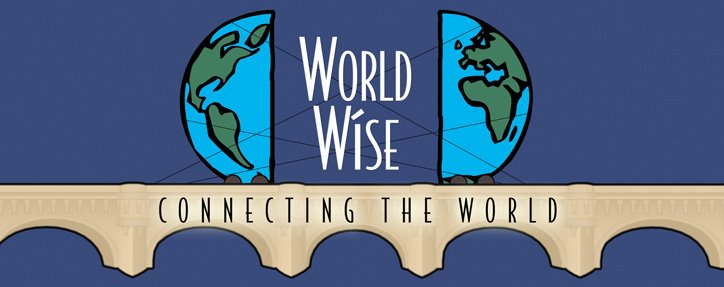Sunday, June 9, 2013
The Third Billion
One billion people. 1,000,000,000 individuals. Our world now has seven billion inhabitants with two countries, each having populations of more than a billion. Much has been written about the impact today and projections for tomorrow of the nations (China and India).
But there is another group, another billion people, who have the potential to shape the economies, the future of our world. What’s the group? Women. Women on all the continents, in all the countries large and small, developed and emerging, that are likely to enter the workforce in the next decade. That’s between now, 2013 and 2023. (A decade sounds like a long time until I realize that 2023 is the year my passport will need to be renewed. Maybe it isn’t so long from now.)
The impact of this group, labeled The Third Billion is the subject of a report by from booz&co. titled Empowering the Third Billion - Women and the World of Work in 2012. (thethirdbillion.org)
The report draws on data from multiple sources including the World Economic Forum and the Economist Intelligence Unit. It analyzes 128 countries to assess how effectively they are “empowering women as economic agents in the marketplace.” The research considers looks at the current environment in each country considering laws and policies regarding schooling, employment along with observable measures such as pay parity, women business leaders.
Based on this information the countries divided into the following categories with examples cited:
On the path to success: developed countries such as US, UK, Finland
Taking the right steps: Tunisia, Venezuela)
Average: Modest steps forward (Thailand, Columbia)
Forging their own path – not yet strong but some steps in place (Botswana, China)
At the Starting Gate: This is the largest group of countries (Nigeria, Indonesia)
Why does this matter so much? The future impact of women’s participation in the workforce extends beyond the simple idea that a billion people entering the workforce will make a difference no matter their gender. Rather their influence extends beyond an immediate change in GDP. The potential long term benefit flows from the fact that women are likely to use their increased earning power to invest the lives of their families including the education of their children - thereby creating future leaders and active participants in the economies of their country.
Creating opportunities for today’s Third Billion can benefit the lives of the world's population - reaching the growing population projected to total Eight Billion people in the decades to come.
-->
Subscribe to:
Post Comments (Atom)






No comments:
Post a Comment